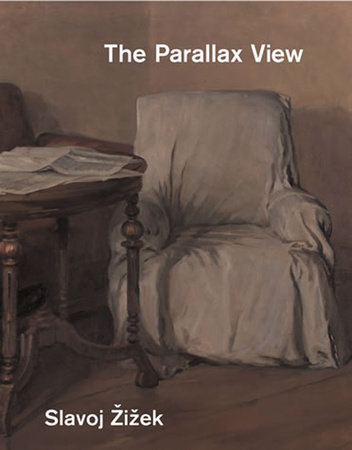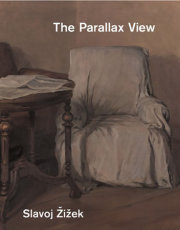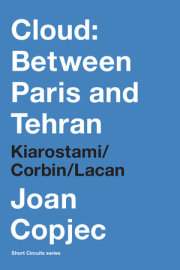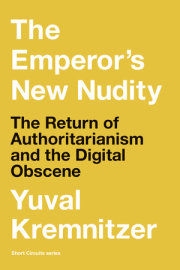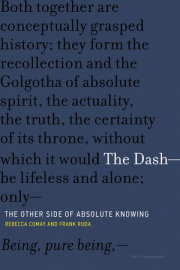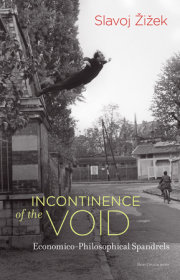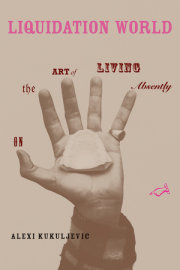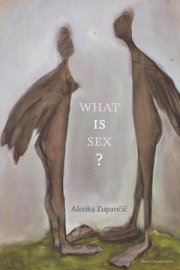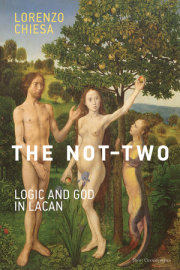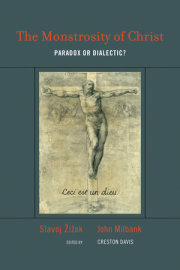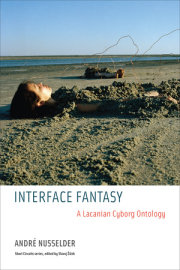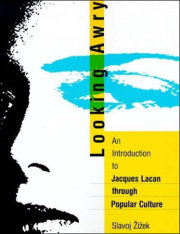In this huge, thrilling book, Slavoj Žižek enacts a dazzling display of philosophy as performance art, delighting in upsetting readers' expectations, inserting sly jokes, and castigating the 'boring' political analyses of just about everyone....Žižek is a thinker who regards nothing as outside his field: the result is deeply interesting and provocative.—
The Guardian—
A remarkable demonstration of continental philosophical and psychoanalytical pyrotechnics. More provocative ideas per page than normally found in whole books by the dull anglophone empiricists who find him so threatening.
—
Paul A. Taylor,
Times Higher Education—
Frankly, a magnum opus is exactly what Žižek needs right now....The Parallax View consolidates Žižek's work as a whole and decisively moves it forward.
—
In These Times—
No one demonstrates the continued philosophical vitality of Marxism better than Slavoj Žižek.
—
Tikkun—
Žižek has only to clap eyes on a received truth to feel the intolerable itch to deface it....Žižek is that rare breed of writer—one who is both lucid and esoteric. If he is sometimes hard to understand, it is because of the intricacy of his ideas, not because of a self-preening style.
—
Terry Eagleton,
Artforum—
Žižek is one of the few living writers to combine theoretical rigor with compulsive readability, and his new volume provides perhaps the clearest elaboration of his theoretical framework thus far....This challenging book takes us on a roller-coaster ride whose every loop is a Möbius strip.
—
Publishers Weekly—

